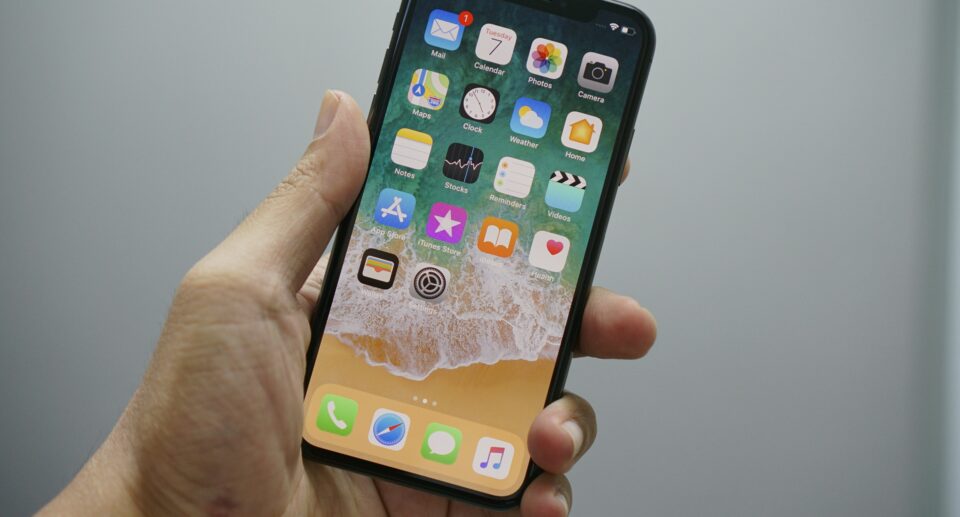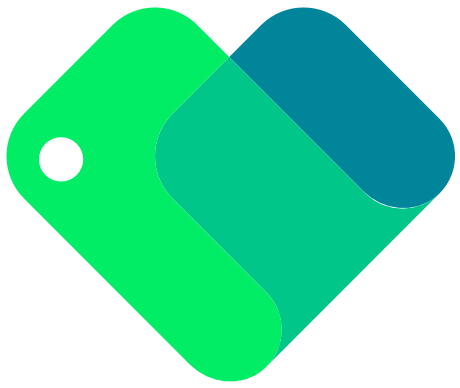Apple Retains Home Screen and WebView Web App Support in iOS 17.4 for European Users: A Nod to Security, Privacy, and User Demand

In a pivotal update, Apple has announced it will uphold the functionality of Home Screen and WebView web apps for users in the European Union with its forthcoming iOS 17.4 release. This development comes after a reevaluation of an earlier decision that proposed discontinuing these features as part of the company’s efforts to align with the Digital Markets Act (DMA) and address intricate security concerns inherent to web apps.
Originally, Apple’s strategy aimed to phase out support for Home Screen web apps within the EU, citing the need for a radical overhaul in integration architecture to accommodate alternative browser engines—a move that would drastically alter iOS’s current security and privacy framework. This proposed change sparked significant discussion among developers and users alike, who relied on the seamless integration and robust security model of iOS web apps.
Responding to the feedback from its community, Apple has now reversed its decision, ensuring that both Home Screen and WebView web apps will continue to be available for EU users. This means that developers can still leverage WebKit for building web apps, maintaining consistency with iOS’s established security protocols and privacy standards that are synonymous with native applications.
Furthermore, this update brings good news for developers using WKWebView solutions, such as WebViewGold, which were never under the threat of being affected by the initial proposed changes. This clarification provides additional reassurance to the developer community, emphasizing the stability and reliability of Apple’s platform for web app development.
With the retention of Home Screen and WebView web app support in iOS 17.4, Apple has demonstrated its commitment to addressing the needs and concerns of its European user base and developer community. This move not only preserves the integrity and diversity of the iOS app ecosystem but also reinforces Apple’s dedication to security, privacy, and user experience.
This turn of events highlights Apple’s adaptability and responsiveness to feedback, ensuring that its technological ecosystem remains inclusive, secure, and aligned with the evolving digital landscape. As iOS 17.4 rolls out in early March, users and developers can anticipate the continued excellence and innovation that define Apple’s approach to app development and user engagement.
